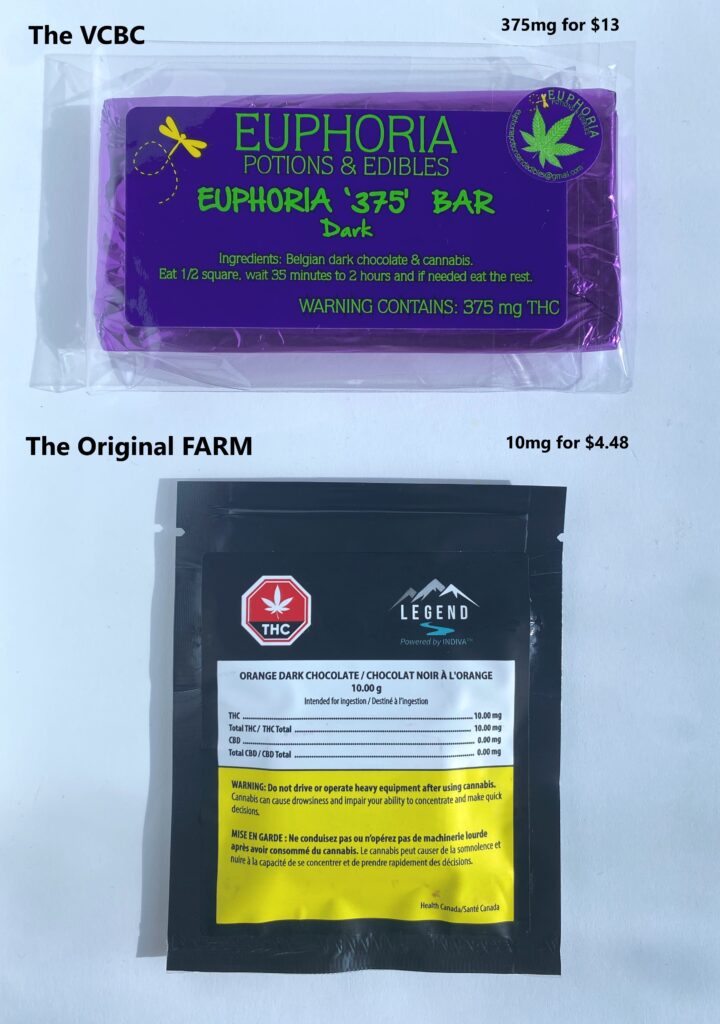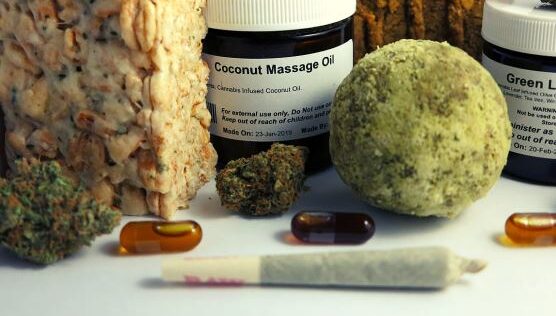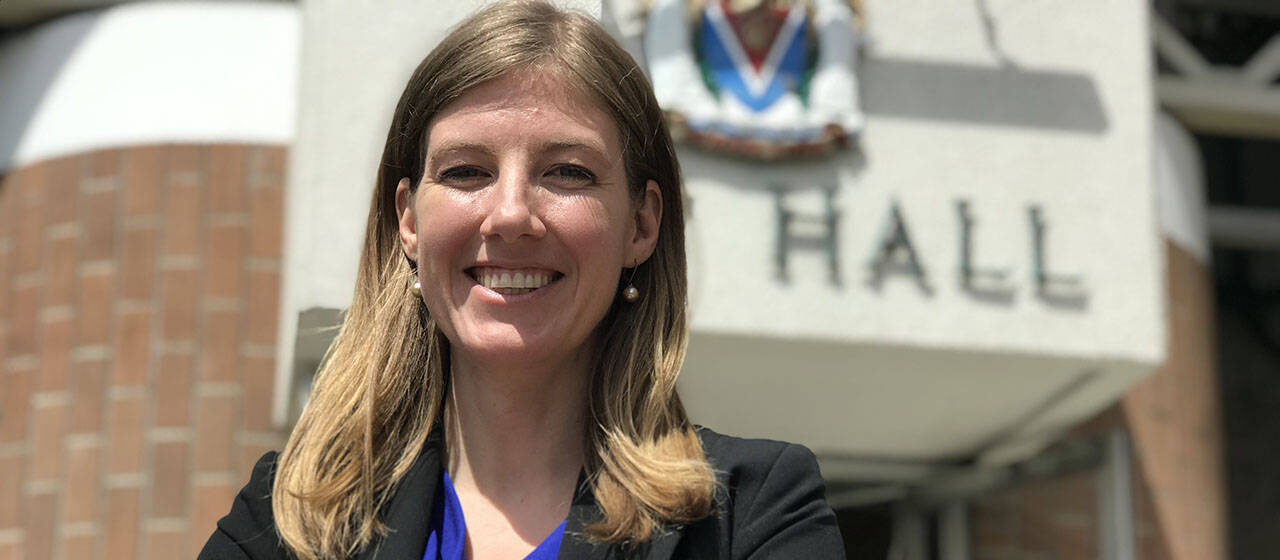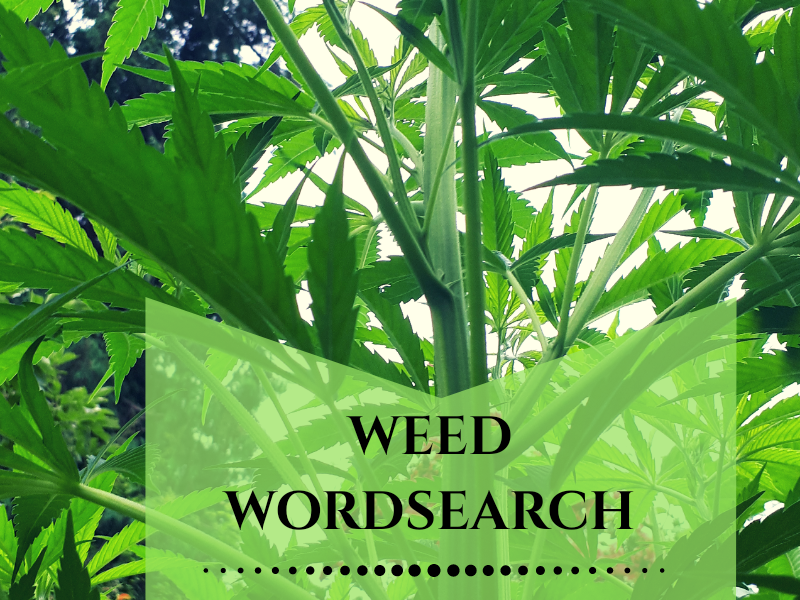Nothing exposes the government’s failure to efficiently legalize cannabis more than the 10 mg THC limit on edibles. By severely restricting THC limits in edible products, Health Canada and the Cannabis Act fuels the opiate crisis, exploited recreational consumers and stimulated the underground economy. The 10 mg THClimit has also fueled the illicit industry which is all too happy to supply high dosage edibles online. A review of the Cannabis Act conducted by the federal government until Nov 21 gives patients and the public an opportunity to argue against this exceptionally low dosage level and to ask for it to be dramatically increased.
Click here to access the Cannabis Act Review Survey
In the rush to legalize, the Canadian government considered the sale of alternatives to smoking so unimportant that they would not even allow the sale of any non combustible cannabis products until one year after bud became legal to sell. The delay, low THC limits, excessive packaging, advertising restrictions and lack of consumption spaces have all hurt both the cannabis industry and consumers, especially patients. In fact, in most major cities across the country medical clubs were flourishing before legalization, giving patients easier access to high dosage products than what is legally available 4 years after the end of prohibition.

Other jurisdictions like Colorado and California typically have larger THC limits, often allowing a package to contain up to 100 mg per unit. These governments realize that restricting the THC limit at the absolute lowest possible threshold might sound like a safe policy, but the fear of high doses is unfounded and it is far less than what the market is demanding.
The 10 mg THC limit also applies to medical products, leaving the majority of patients that use cannabis orally without the strength of dose they require to alleviate their symptoms. People in serious chronic pain or those dealing with cancer usually need anywhere between 100 mg of THC per day and up to 1000 mg of THC per day. For example, the cookies sold at the VCBC contain 75 mg THC, with many patients eating one whole cookie to go to bed, as well as taking other cannabis medicines throughout the day.

The prices being charged for most edible products by LPs is completely disproportionate to the cost of production and are entirely based on generating maximum profit. For example, the VCBC sells its 75 mg THC cookies for $2.50, a stark comparison to the common price of $12 to $14 per 10 mg cookie that legal stores offer. Clearly the cost of the THC and the cookie are a fraction of the prices being charged but these firms have built their revenue projections for shareholders up on these exceptionally high prices and unrealistic sales numbers, collectively setting the profit margins on edible products dramatically higher than other items.
Cannabis concentrates in food or capsules should be the first option doctors choose when dealing with patients experiencing pain. By refusing to issue cannabis a Drug Identification Number (D.I.N.), the government has created a situation where cannabis is authorized for use by doctors but not actually prescribed. Without a D.I.N., doctors can state that there has not been enough research to prove that cannabis is safe to use as medicine, giving Health Canada justification to add the excise tax to medical cannabis.
Cannabis & Opiates
Previous to legalization there were thousands of dispensaries in most major cities across the country that provided a full range of cannabis products. While some of these businesses have transitioned into the legal system, the majority have been forced to close, removing access to high dosage edible products from patients who had relied on these stores to supply their medical needs. This has led to some patients turning back to opiates, both prescription or illegal street drugs. This lack of access to cannabis for pain management medicine contributes to patients who self medicate with more dangerous medicines. We know the ongoing unresolved opioid crisis has led to an epidemic of accidental overdose deaths other chronic medical conditions for thousands of patients as a result of chronic opioid use.

Cannabis products needd to be used to combate the escalating opiate crisis and needs to become a priority for the government is to curb the spiralling death toll. This position is supported by leading researchers from the Canadian Institute of Substancee Use Research, most of whom recently signed a letter of support for the VCBC exemption application to Health Canada. Their letter urges provincial and federal governments to consider cannabis as a tool in the opioid crisis and it details various studies that strongly point to cannabis as a successful option for curbing or eliminating opiate use.
“Collectively, our research supports this approach and it has documented the benefits of cannabis for people who experience chronic pain, the substitution effect of cannabis among people who use unregulated opioids, and its positive impact on retention in medication-based treatment for opioid use disorder.”
Click here to access the CISUR Letter of Support for the VCBC
The Cannabis Review has questioned whether there is even a need for a distinct medical cannabis program. Yet the current program has been handcuffed by Health Canada so Canadians have not been able to experience the full healing potential of this plant. We need to both stand up to defend the existence of the program and call for improvements like increasing the 10 mg THC limit, licensing compassion clubs, giving cannabis a D.I.N. and removing the exise tax from medical sales.
Please take some time to fill out the survey for Health Canada to voice the needs of patients!




